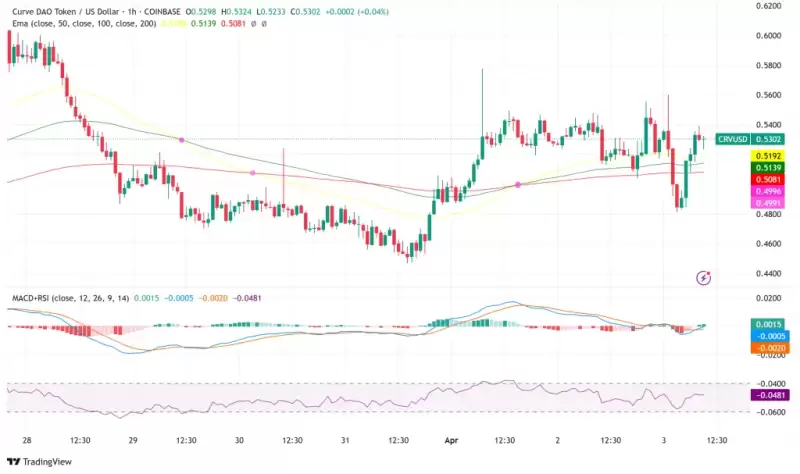 |
|
 |
|
 |
|
 |
|
 |
|
 |
|
 |
|
 |
|
 |
|
 |
|
 |
|
 |
|
 |
|
 |
|
 |
|

**Key Insights**
Polygon, initially known as MATIC Network, was founded in October 2017 as a scaling solution to address blockchain scalability and usage issues, particularly on Ethereum. At its core, Polygon is built on the concept of blockchain modularity, which aims to enhance scalability by separating the core functions of a blockchain—execution, settlement, data availability (DA), and consensus—into different layers. However, this approach has inadvertently led to two unattended consequences: fragmentation of state and liquidity.
Today, Optimistic Rollups require users to pay expensive fees, up to 0.5% of the transaction value, to third-party bridges to avoid the seven-day challenge period to withdraw from the bridge. Zero-Knowledge Rollups, which reduce these wait times by eliminating the need for a challenge mechanism, still face delays as users are required to round trip on Ethereum for cross-chain transactions. These delays and costs highlight the inefficiencies that arise from the current modular approach, underscoring the need for more innovative solutions.
In response to these challenges, Polygon has evolved into an aggregated network with a number of scaling solutions, including public chains and a chain development kit (CDK), to address scalability and interoperability challenges without compromising on trust assumptions. This technological landscape includes:
**Polygon Proof-of-Stake (PoS)**
Polygon Proof-of-Stake (PoS) is the flagship Polygon protocol, one of the first chains that launched, explicitly designed to improve Ethereum's scalability and efficiency. It operates as an EVM-compatible scaling solution that utilizes its own set of validators through a Proof-of-Stake consensus mechanism.
As of Q2 2024, Polygon PoS has processed over 4.1 billion total transactions. Following this, Polygon has consistently maintained its cost-effective advantage over many L2s engineered to be more economical. In Q2 2024, Polygon's average transaction fee was around $0.01, down 41% QoQ, while Optimism’s Bedrock average transaction fee was $0.06.
**Key Performance Metrics**
As of July 2024, Polygon is the 4th largest Ethereum scaling solution in terms of TVL, trailing behind Arbitrum’s $2 billion, Base’s $1 billion, and Blast’s $1 billion but ahead of Optimism’s $709 million. Among all blockchain networks, Polygon boasts the 8th-highest TVL.
The largest protocols by TVL on Polygon PoS include Aave, Uniswap, QuickSwap, and Polymarket. Polymarket, a decentralized information markets platform that allows users to trade on real-world events, has particularly shown an impressive recent growth in TVL. The protocol has increased 237% quarter-over-quarter, from $17.04 million at the end of Q1 2024 to $40.2 million at the end of Q2 2024, driven by increased betting activity surrounding the upcoming US Presidential elections.
Additionally, daily active addresses on Polygon PoS are up 47% QoQ to 1.2 million. Over the past 12 months, Polygon PoS has processed 452 million DeFi transactions, more than Arbitrum, Base, and Optimism combined. These transactions include $1.5 billion in value from various DeFi use cases, e.g. trading and lending.
In Q2 2024, Polygon’s gaming sector experienced the highest network activity across its leading sectors, with 382,000 daily active addresses increasing by 85% QoQ. This growth is attributed to the popularity of Matr1x’s Matr1x FIRE game, a first-person shooter game. Matr1x accounts for 74% of the average daily active addresses among the top five applications on Polygon PoS.
The number of unique addresses active on Polygon PoS has risen by 205% YTD, while daily engaged wallets have also seen an increase of 50% YTD. In March 2024, the Ethereum network underwent the Dencun upgrade, implementing proto-dank sharding (EIP-4844) and improving data availability on Ethereum. This upgrade led to a substantial reduction in fees across the Ethereum ecosystem, including Polygon, where total transaction fees decreased by 41% QoQ to $4 million.
Stablecoins on Polygon continued to grow, with their total market cap increasing 40% QoQ, up to $1.8 billion by the end of Q2 2024. Daily active addresses in stablecoins also rose 35% YTD. Tether (USDT) and Circle's USDC maintained their dominance, collectively representing 80% of the stablecoin market cap on Polygon, with approximately
Disclaimer:info@kdj.com
The information provided is not trading advice. kdj.com does not assume any responsibility for any investments made based on the information provided in this article. Cryptocurrencies are highly volatile and it is highly recommended that you invest with caution after thorough research!
If you believe that the content used on this website infringes your copyright, please contact us immediately (info@kdj.com) and we will delete it promptly.
-

- Pi Network Price Crashes Hard as Binance Skips the Token in Its Latest Vote to List Initiative
- Apr 03, 2025 at 03:00 pm
- Pi Network supporters are once again left frustrated as Binance skips the token in its latest Vote to List initiative. This marks the second time the world's largest exchange has ignored Pi, shutting down hopes of an imminent listing.
-

-

-

-

-

-

-

- Bitcoin (BTC) ETF Inflows Have Surged Again as Investors Ignore Trump's Reciprocal Tariffs
- Apr 03, 2025 at 02:45 pm
- Inflows into spot Bitcoin ETFs have surged once again as investors chose to look past the Trump reciprocal tariffs. The net inflows across all US ETFs for Bitcoin stood at $220 million
-

























































